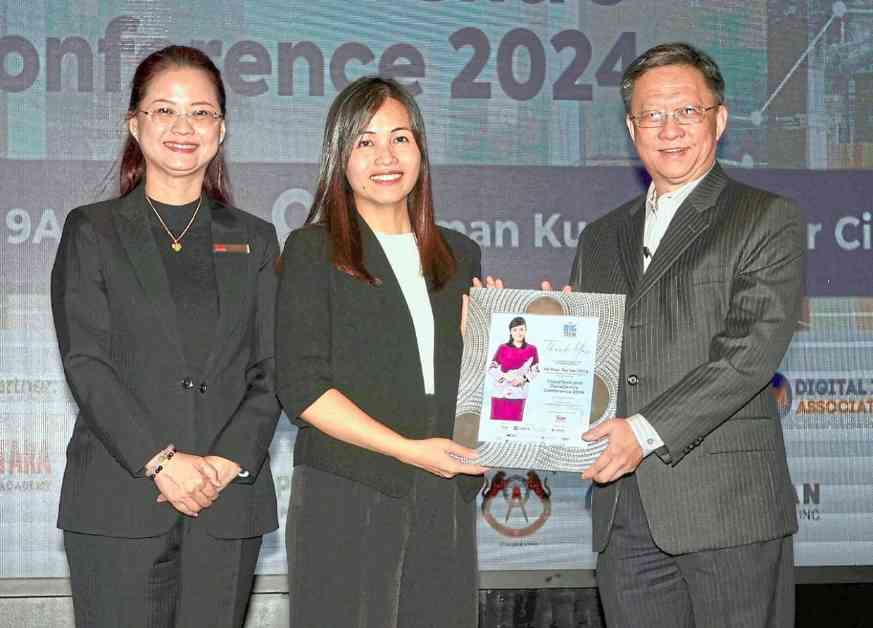Malaysia is currently experiencing a boom in data center construction, but with this growth comes a concerning issue – the excessive consumption of electricity. Thyaga Rajan, the CEO of Basis Bay, emphasized the importance of sustainability in the data center industry during the recent CloudTech and Data Centre Conference 2024 in Kuala Lumpur.
Rajan highlighted the urgent need for investment in renewable energy projects such as solar, hydroelectric, biogas, and wind to tackle the significant carbon footprint of data centers. According to projections by Tenaga Nasional Bhd (TNB), Malaysia’s energy consumption is expected to exceed 5,000 megawatts (MW) by 2035. In 2024 alone, nine new data center projects are estimated to require a total energy supply of around 700MW, with 10 new electricity supply agreements signed to meet this demand.
In addition to the energy-intensive nature of data centers, the cooling systems required to maintain optimal operating temperatures also contribute to resource consumption. Rajan emphasized the need for industry players and the government to prioritize sustainable practices and invest in energy-efficient technologies.
Despite Malaysia’s lag in renewable energy investments, Rajan pointed out that there is a responsibility for data center operators to adopt environmentally friendly practices. Basis Bay, for example, focuses on minimizing its environmental impact through the use of state-of-the-art technology and stringent governance. The company’s IT facilities are equipped with energy-efficient hardware, and green practices such as artificial intelligence and machine learning are utilized to optimize data center operations.
Rajan also stressed the importance of calculating and reducing the carbon footprint of data centers. By embracing sustainable data center design, operations, and reporting, industry players can contribute to emission reduction and environmental conservation. Basis Bay’s latest data center in Cyberjaya, Basis Bay Data Centre 2, serves as an example of an eco-friendly facility that aligns with the company’s commitment to sustainable IT infrastructure.
Looking to global examples of green commercial buildings, Rajan emphasized the significance of sustainable design practices in data center construction. By incorporating eco-friendly materials and innovative technologies, data center operators can not only reduce their environmental impact but also improve the longevity and efficiency of their facilities.
In conclusion, the data center industry in Malaysia must prioritize sustainability and energy efficiency to mitigate the environmental impact of their operations. By investing in renewable energy sources, adopting green practices, and embracing technological innovations, data center operators can lead the way towards a more sustainable future for the industry.

